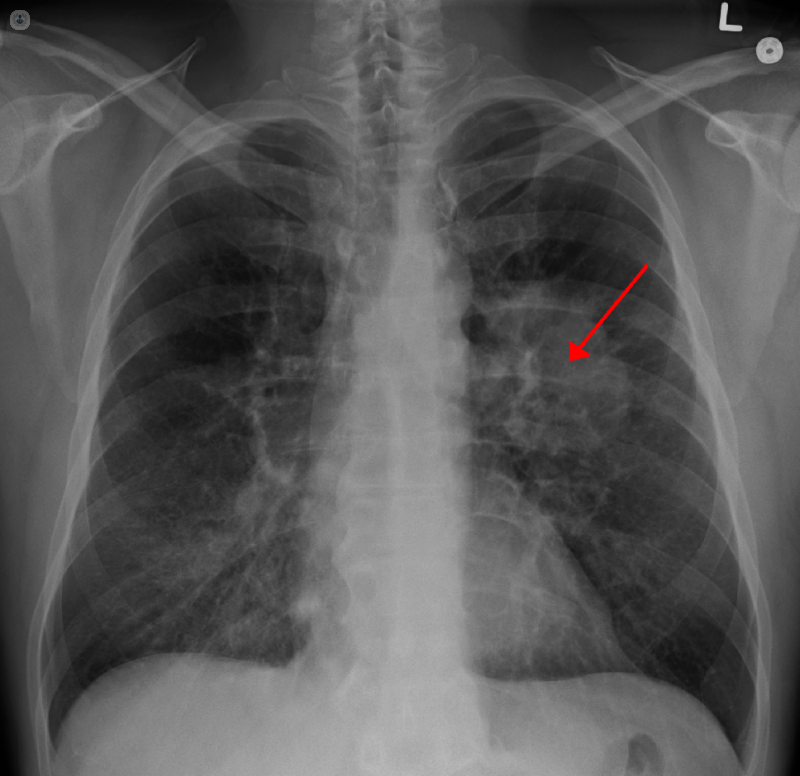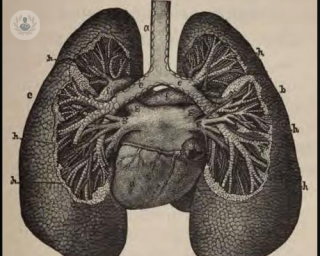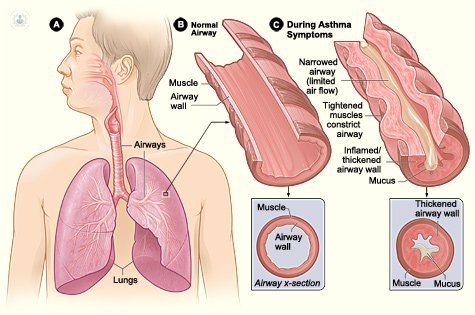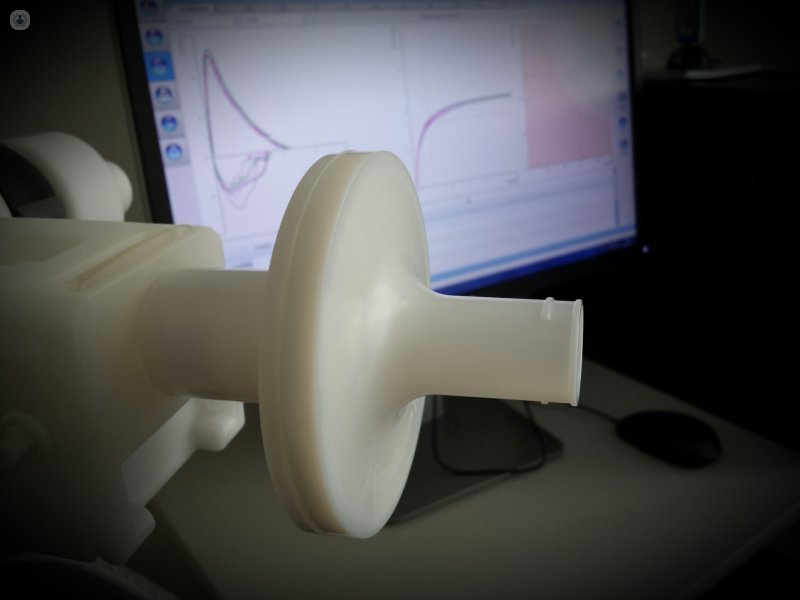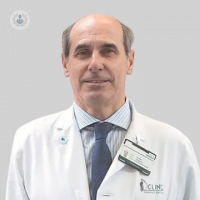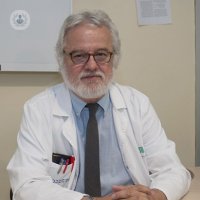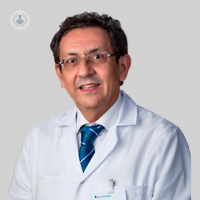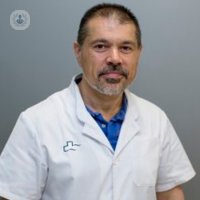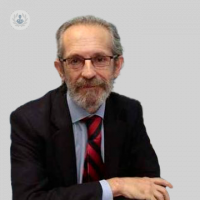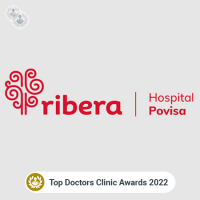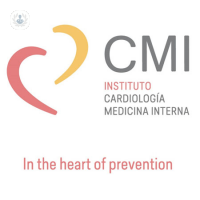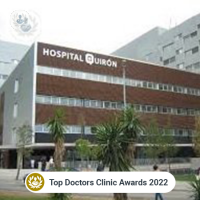Pulmonary Emphysema
Pulmonary emphysema is an obstructive pulmonary disease (COPD) characterized by curative treatment without destroying the walls of the alveoli (the branches of the lungs where the exchange of oxygen between the inspired air and the blood is performed), which causes a decrease respiratory function and progressive lung destruction. Its main manifestations are shortness of breath shortness of breath (especially when you're active and exercise is done) and cough. Among the most common causes of emphysema are: consumption of snuff extended in time; environmental and occupational factors, such as exposure to chemicals or toxic gas emissions; the elderly, especially in the male, and in the case of a history of chronic bronchitis, asthma and deficiency of a protein called alpha-1antritipsina (responsible for protecting the lungs from inflammation caused by infections or inhalations). Medical treatment is palliative and includes support for smoking cessation, bronchodilators, antibiotics, oxygen therapy, pulmonary rehabilitation exercises, lung volume reduction by surgery, and lung transplantation.
